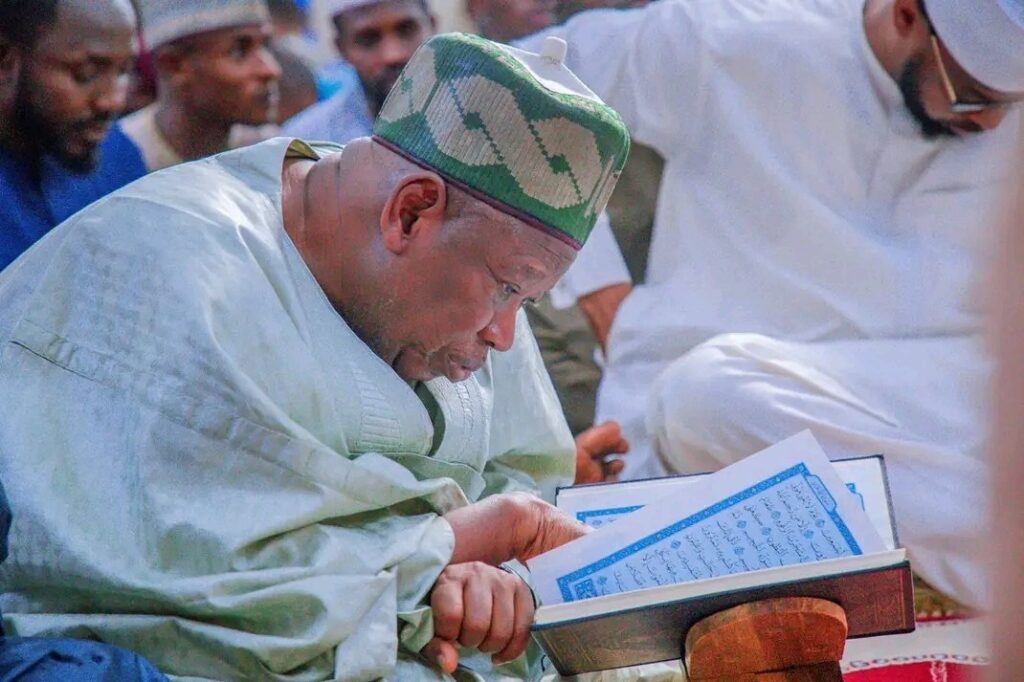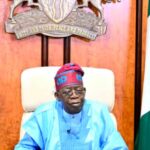The resignation of Dr. Abdullahi Umar Ganduje as the National Chairman of the All Progressives Congress (APC) has significant implications for the party and Nigerian politics.
Dr. Ganduje, who had been in the role since 2022, stepped down amid various challenges facing the party, including internal conflicts, electoral pressures, and governance issues.
His departure comes at a time when the APC is navigating a complex political landscape, especially with upcoming elections and the need to unify the party’s factions. Ganduje’s leadership was marked by efforts to strengthen the party’s structure and outreach, but he faced criticism over the party’s performance in recent elections and governance in Kano State, where he served as governor before his national role.
The reasons behind his resignation may involve strategic repositioning within the party and addressing growing dissent among party members. This move could pave the way for new leadership that might bring fresh perspectives and strategies as the APC prepares for future electoral contests.
The party will now need to focus on finding a successor who can effectively navigate these challenges and reinvigorate the party’s base. This transition period could also influence the broader political dynamics in Nigeria, as opposition parties may see this as an opportunity to capitalize on any perceived weaknesses within the APC.


